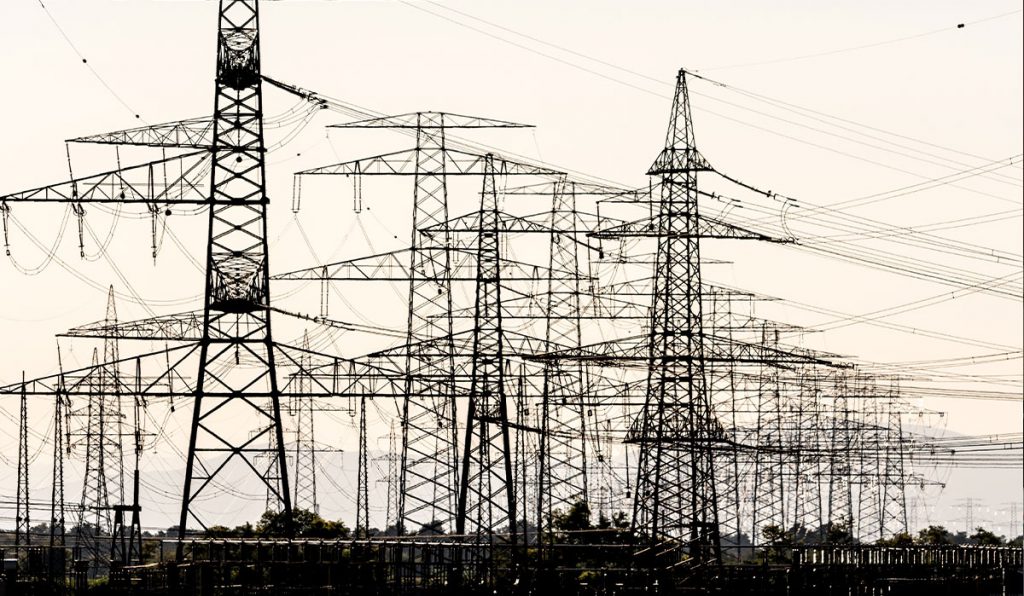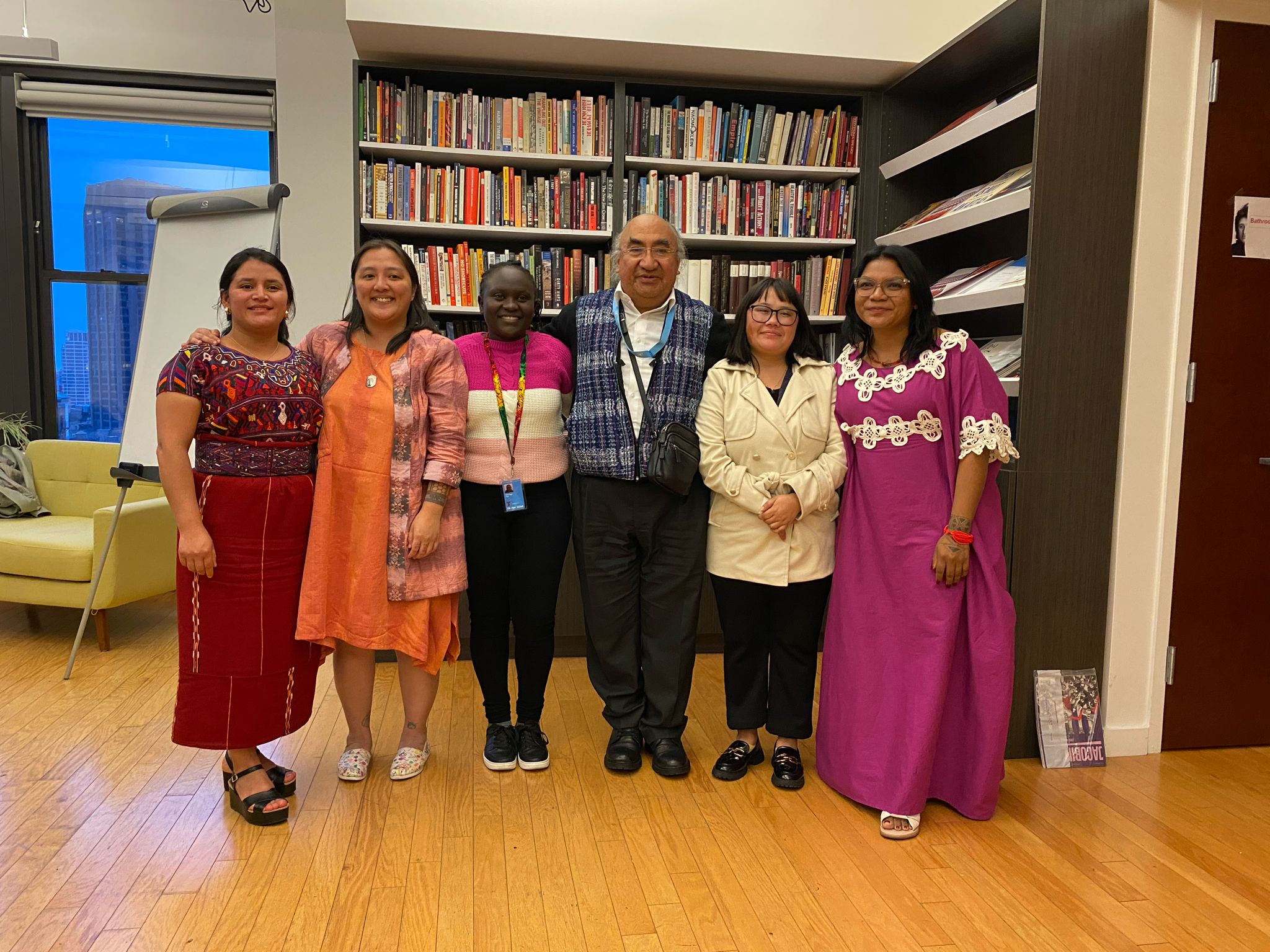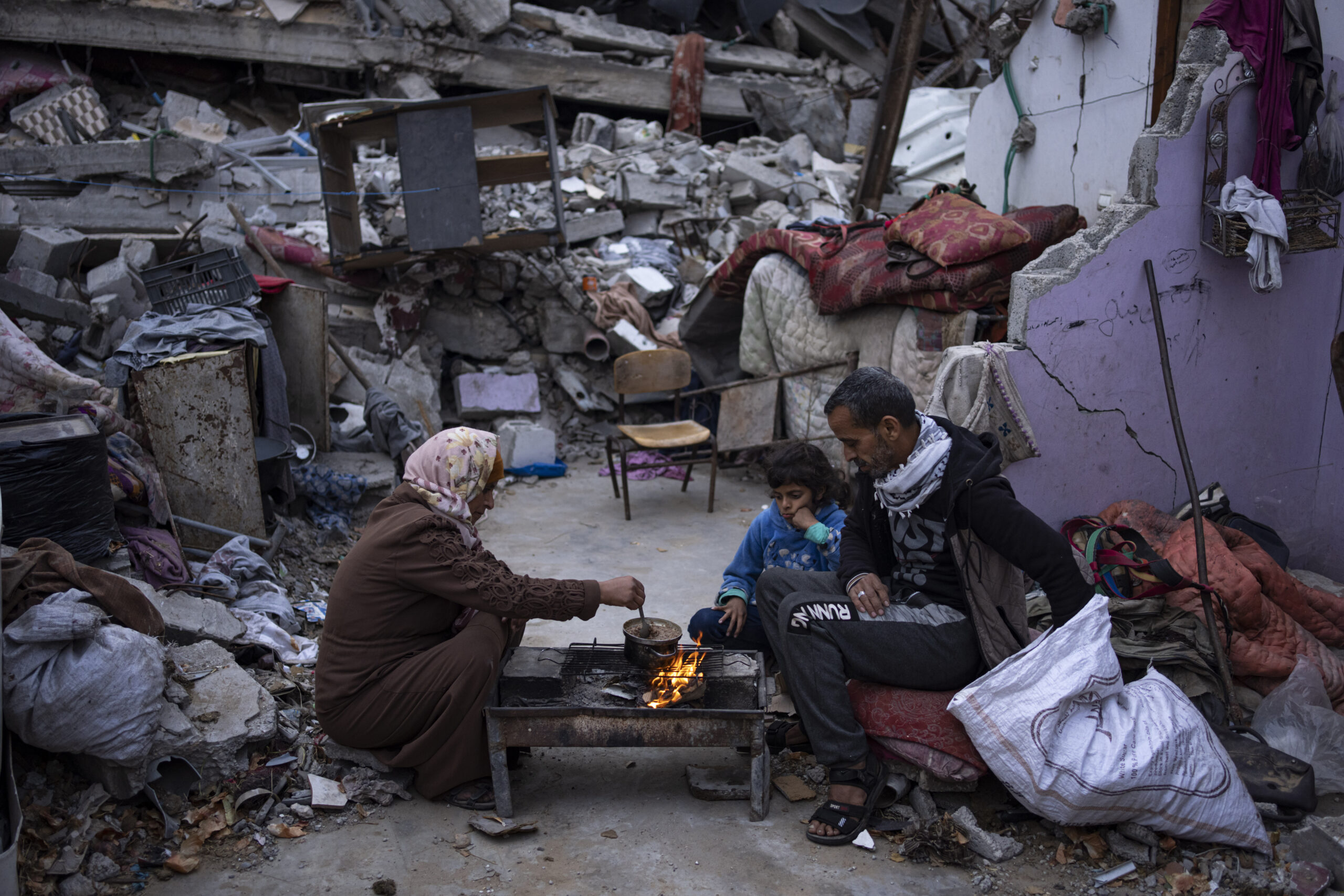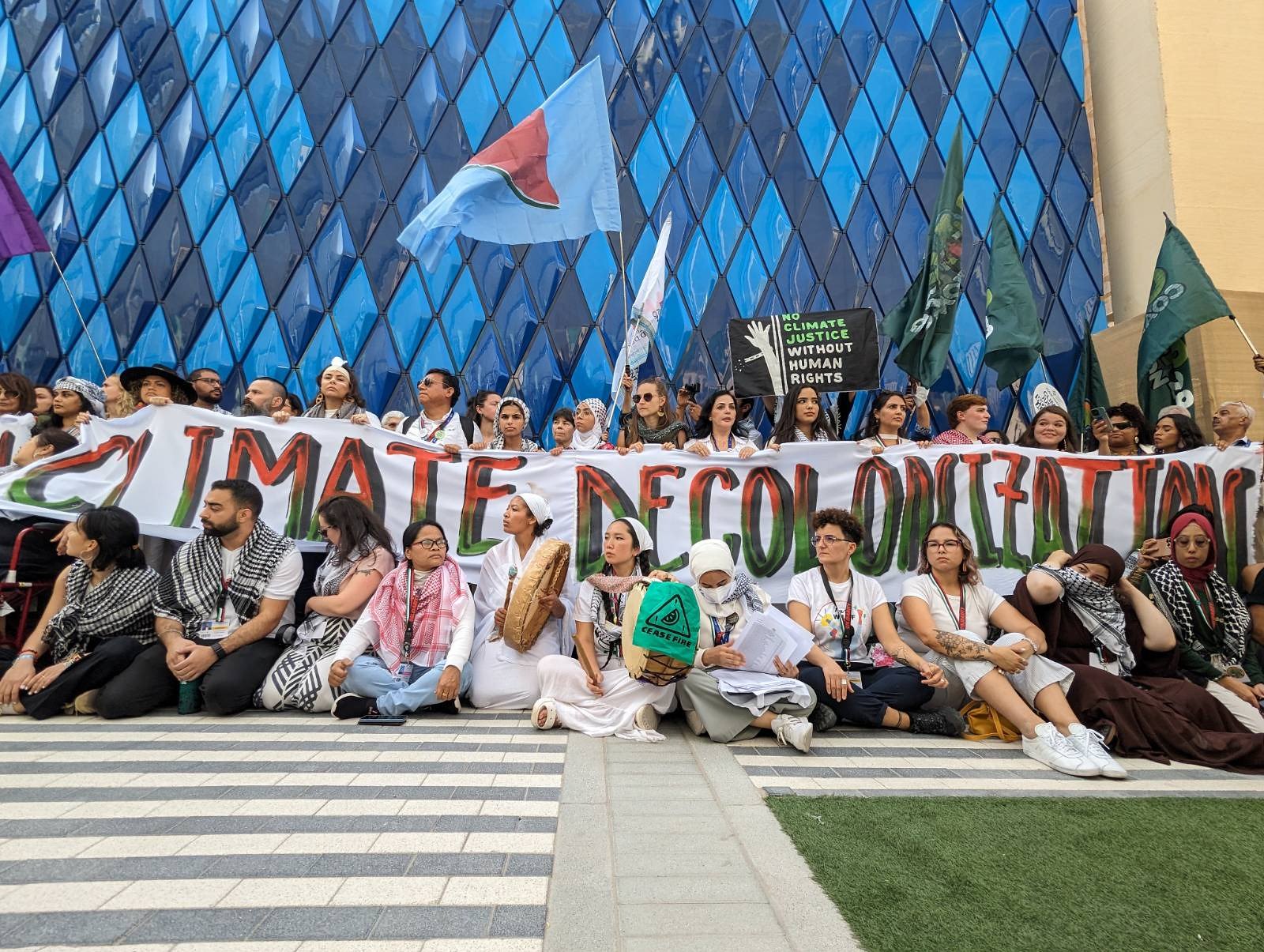
Millions of families in the United States face an energy crisis that has been compounded by the decimating trifecta of COVID, the climate crisis and racism. Nationally, the coronavirus has eliminated an estimated 25 million jobs, sickened 5.8 million people, and, so far, claimed more than 180,000 lives— and all these impacts have fallen disproportionately on Black people. These crises have pushed families into the impossible position of choosing between basic human needs: food versus electricity, water versus healthcare, shelter versus internet and telephone.
Because of the economic turmoil, tens of millions of U.S. households have lost utility services or are at risk of being disconnected from their electricity, water and internet services. In America, access to electricity, clean water, and internet aren’t treated as basic human rights. They’re privileges.
Despite this, and especially in this time of COVID-19 and climate emergencies, lack of access to these fundamental services can be fatal. Water is a primary defense against the coronavirus and is for sanitation and basic survival. Electricity is necessary for air conditioning to survive record-breaking, climate change-induced heatwaves. And internet access is critical so children can attend virtual classes and adults can look for work. Disconnecting any of these can be deadly or, at best, set back a generation.
Losing Electricity During the Coronavirus
A June survey by Indiana University found that 4% of low-wealth U.S. households had their power disconnected since the pandemic began. That percentage is set to explode as state legal protections expire in the coming weeks.
An analysis by my organization, the Center for Biological Diversity, found that nearly 60% of states implemented some type of legal moratorium to prevent electricity shut-offs after COVID-10 began ravaging the country. But those protections have waned. Ten states lifted shut-off bans in May and by September only about a dozen states will retain some type of legal protection to prevent electricity shut-offs.
Patchy state protections leave gaping holes for families to fall through. In Georgia, an estimated 50,000 people are now at risk of disconnection due to inability to pay. In North Carolina, that number has soared to more than 2.5 million people, or one in three households in the state.
Racism Underlies Chronic Energy Violence
U.S. families have been struggling with energy insecurity for generations, but COVID and racism have exacerbated this violence. In a 2017 report, the National Association for the Advancement of Colored People (NAACP) laid bare the chronic crisis of energy insecurity for Black and other communities of color and described utilities’ disconnection practices as human rights violations.
A 2017 U.S. Bureau of Statistics survey reported that at least 1 million households had their electricity shut off because they couldn’t afford to pay their bills. In 2018, the Energy Information Administration found that nearly one in three households struggle to pay for electricity. And one in five households sacrifice basic necessities, like food and medicine, to keep the lights on.
Racism underlies these numbers. The families that experience the greatest energy fragility are disproportionately Black, Latinx, and communities of color. Black households pay significantly more for electricity than their white counterparts, according to recent research from the University of California-Berkeley. It’s worse in the American south, where energy burdens of low-wealth households and families of color reach unimaginable zeniths, with some households shouldering energy bills as high as 40% of their entire income, finds Chandra Farley with the Partnership for Southern Equity.
These realities are driven by two factors. First, unrelenting rate hikes by private utility corporations and their state regulators that ignore their impacts on a family’s energy burden and ability to afford electricity. Second, the country’s institutions of racism and antiblackness, including historical Jim Crow housing laws that have entrenched and codified racial segregation, discriminatory lending practices and vast differences in housing stock. This means families of color live in homes that are less energy-efficient and more costly to cool and heat.
Energy violence isn’t just about mounting utility rates. It also manifests in how monopoly electric utilities (and the regulatory government bodies that enable them) continue to invest in fossil fuels and actively stifle clean energy deployment to the detriment of communities of color and the planet. Captured residents — including those households of color disproportionately harmed by fossil fuel pollution — are forced to pay for the dirty energy choices that poison them. Even more pernicious is that customers are coerced to finance corporate efforts to quash competing distributed solar energy, as documented by the Energy and Policy Institute and legally challenged by the Center for Biological Diversity and other organizations.
The fight for energy justice is thus a fight for climate justice and racial justice, too.
An Emergency Response: The Fight for a Federal Moratorium on Utility Shut-Offs
America’s portrait of shut-off bans is an unpredictable patchwork of state actions and inactions. The only avenue to assuring that no family falls through the cracks is a federal moratorium on utility shutoffs.
This spring, the Center for Biological Diversity joined the Partnership for Southern Equity, Food and Water Watch, Free Press Action, The Democracy Collaborative and Corporate Accountability to weave together the voices of 830 organizations and demand that Congress impose a blanket moratorium to ensure access to the basic human rights of electricity, water, and broadband. This expansive coalition includes groups that traditionally fight for utility justice, but also those that champion civil rights, climate, labor, faith and democracy. The Movement for Black Lives has demanded the same moratorium on utility shut-offs. Our work continues in solidarity to protect Black lives and achieve energy justice.
Many congressional Democrats have heeded the public’s call. The House of Representatives voted to include the nationwide shut-off moratorium in the HEROES Act, a $3.4 trillion COVID-related economic relief package. Democrat Senators Jeff Merkley from Oregon and Sherrod Brown from Ohio championed mirror legislation in the Senate, including that from Representatives Rashida Tlaib and Debbie Dingell from Michigan. Senator Chuck Schumer, the leading Senate Democrat, has expressed unwavering support for shutoff relief during the pandemic.
Ensuring basic human rights shouldn’t be partisan. But in the United States, it is. The Republican Senate continues to stall and delay COVID-relief negotiations even as benefits from the first stimulus package have expired. Our public campaign efforts continue to pressure Congress, urging members to hold the utility shut-off moratorium as a redline in the next COVID package, that it cannot be sacrificed in final negotiations.
The country’s private utilities—Fortune 500 corporations that are also top climate polluters—have lobbied hard on both sides of the Congressional aisle against a nationwide shut-off moratorium, opposing federal government intervention into electricity markets that have been primarily under state jurisdiction. Utilities have generally benefitted from close relationships with their state regulators and legislators, an open secret recently unveiled in Ohio. To address the impacts of COVID on their bottom-lines, several utilities have made unconscionable state bids to raise rates on the public—seeking to recoup everything from lost revenue due to the virus-induced reduction in energy consumption to remote office costs—while continuing to profit private investors in a worldwide economic crash.
Utilities are penalizing the people for the pandemic. Opposition from these state-regulated corporations jeopardizes the lives of the people they’re tasked to serve.
The Long Game: America’s Energy System is Due for Revolution
The triple pandemics of COVID-19, the climate crisis, and racism have crystalized the truth about our energy system: it is broken, violent, and, fundamentally, unbearable. We must use these crises as portals for systemic change to the electricity sector.
It starts with realizing a future that puts choices of power into the hands of people and the traditionally voiceless. This is a future where communities are powered by rooftop and community solar instead of fossil fuels. Where families are empowered to reject the fracked gas plants assaulting their bodies. Where they can revive local economies with new clean energy jobs. Where people can hold onto life-saving electricity through decentralized, resilient power systems in the face of climate-induced heat waves, fires, and hurricanes.
And where the planet is safeguarded from further destruction fueling the extinction crisis, prioritizing energy built within communities.
This future requires the country to recognize that energy democracy is foundational to relieving chronic energy violence. Like countries around the world, the United States must confront the failings of its private monopoly energy system and establish new models of accountable public ownership—the kind that refuses to commodify a basic human right and serves the public’s best interest in the age of our climate emergency and devastating racism.
In the words of Frederick Douglass, “power concedes nothing without a demand.” At this critical breaking point of energy violence, we demand. Power must concede to a new energy paradigm that works for everyone.
Jean Su is the Energy Justice Director and Attorney at the Center for Biological Diversity, a U.S. nonprofit conservation organization. She is based in Washington, D.C.



